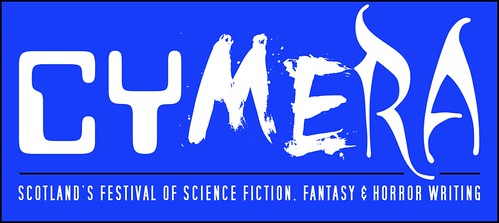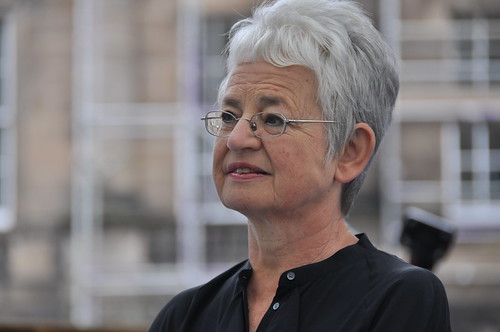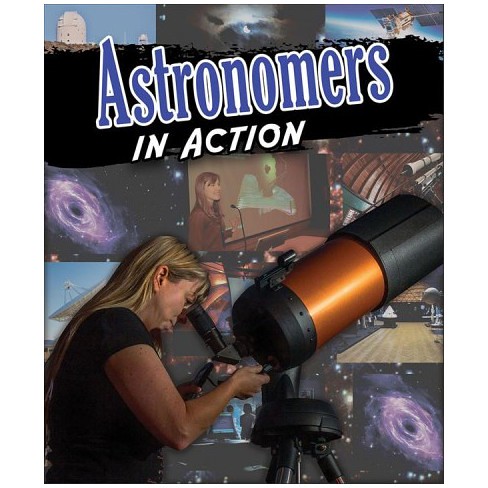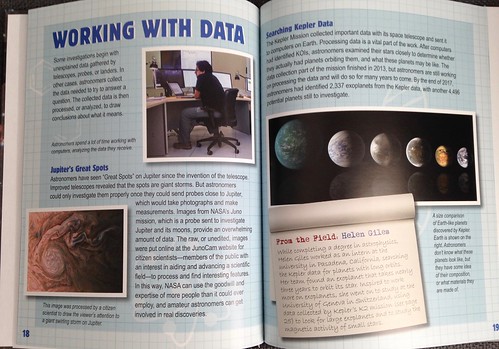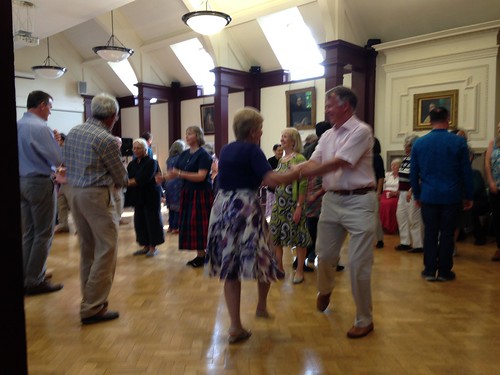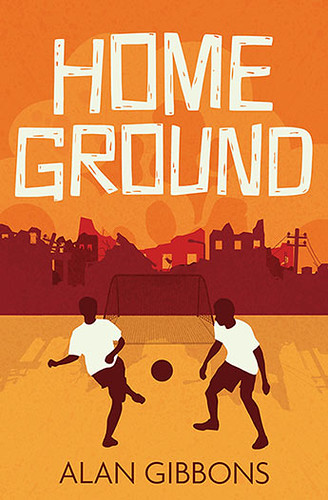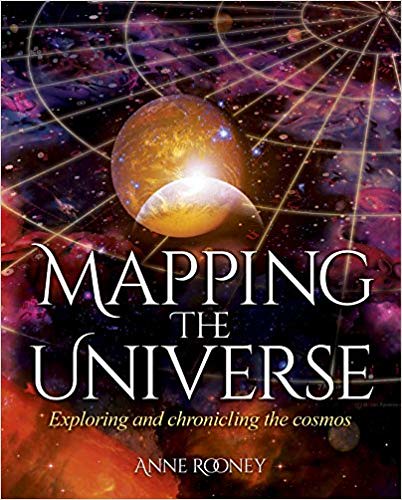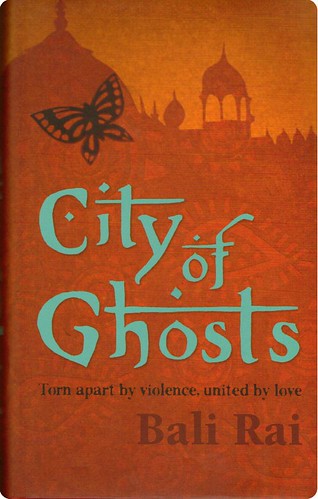Today I give you a ‘mythological, fire-breathing monster, commonly represented with a lion’s head, a goat’s body, and a serpent’s tail.’ Or you could just accept a new, great sounding, Edinburgh based, book festival.
Cymera, as it is called, is Ann Landmann’s new baby. As if she didn’t have enough to do anyway, she is doing that thing many of us think might be ‘nice’ but seems like too much work so we don’t, which is set up our very own litfest.
Cymera is Scotland’s Festival of Science Fiction, Fantasy and Horror Writing, and it is taking place in Edinburgh the weekend of 7th to 9th June. Lots of people I sort of know, are taking part, as are countless more that I don’t really know, because I haven’t specialised in all that much horror, and have only recently returned to science fiction, and there is a lot of fantasy in this world.
I haven’t counted, but somewhere I saw the words eighty authors mentioned, and that sounds like a lot. A quick look at the programme tells me I will have to make actual choices, unless I work out how to be at several events at the same time.
And the food..! That sounds good too. And there will be books to buy, and workshops have been planned, and there will be a quiz, and an open mic session. If you know where Blackwells is, then Cymera is a short way east of this lovely bookshop, so it should be easy to get to.
I have to admit to having tweaked my holiday dates so I don’t need to miss anything. Will I see you there?

